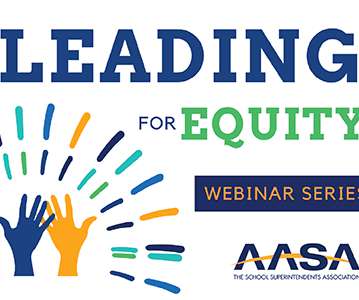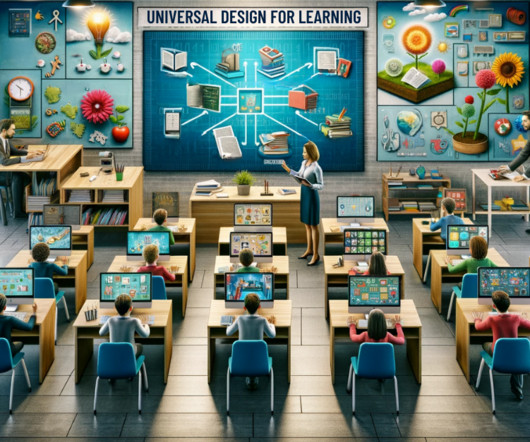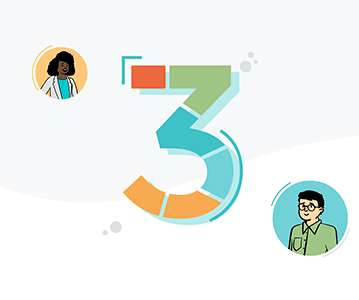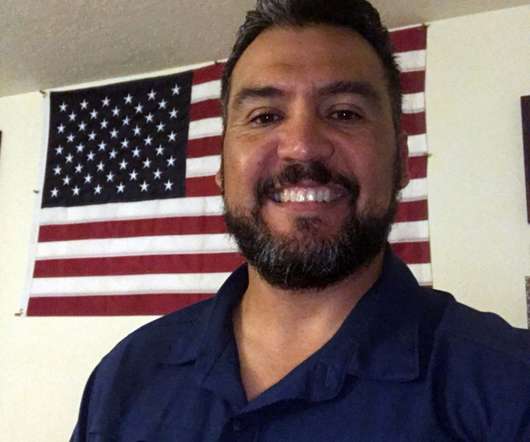A Paradigm Shift
A Principal's Reflections
MAY 8, 2016
It all began around 2003 when the smartphone wars started with Blackberry, but was quickly taken over by the Apple iPhone in 2007. Success is contingent upon sound instructional design, quality assessments, and an improved feedback loop. The world continues to change as a result of technological advances. Barrett, P., Moffat,J., &





























Let's personalize your content